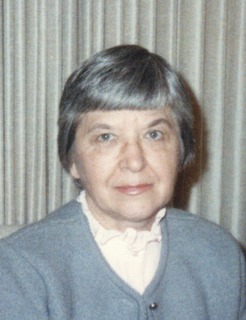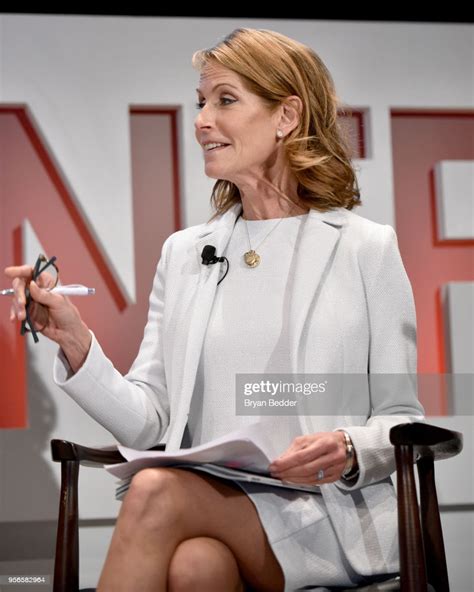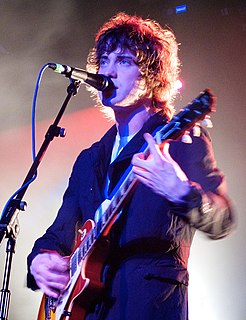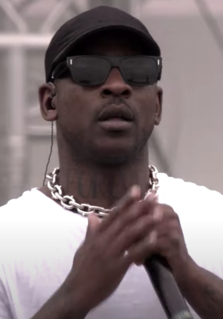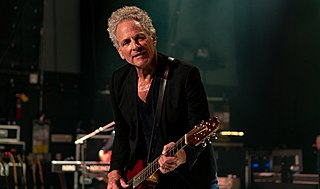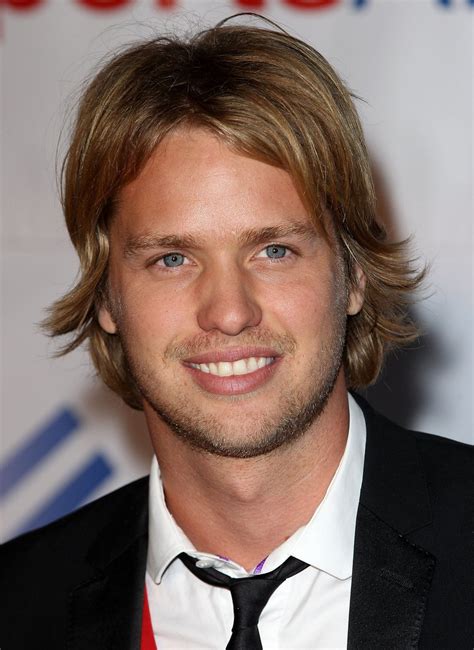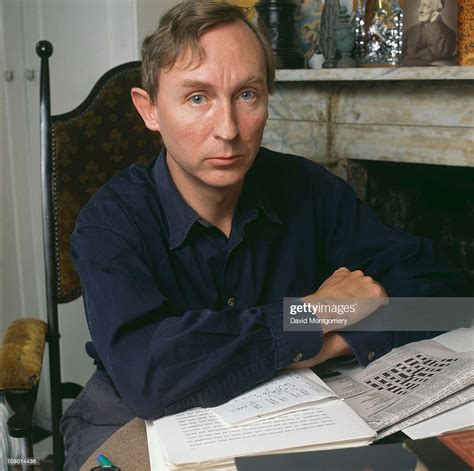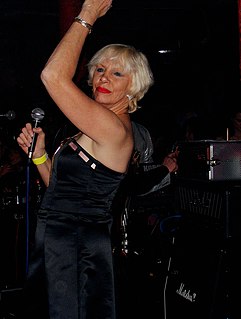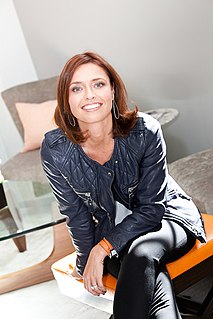A Quote by Jerry Garcia
We were very fortunate to have a a little time in history when LSD was still legal and were able to experiment with drugs just like we were doing with music.
Related Quotes
[At DuPont,] I was very fortunate that I worked under men who were very much interested in making discoveries and inventions. They were very much interested in what they were doing, and they left me alone. And I was able to experiment on my own, and I found this very stimulating. It appealed to the creative person in me.
I really do think for the vast majority of cases, doctors didn't think they were doing anything wrong - they were doing what was being recommended at the time, and many times people were able to take these prescription opioids and not have a problem with it. But what we do know is that if we take these drugs long-term, dependency develops quickly, within as little as a week. What we all have to realize is that these pills are chemical cousins of heroin - one is an illegal opioid and one is legal, but they are relatives.
When we were doing noisier shows, they were fun, but we were trying to be really obnoxious and it wasn't like we were trying to make good music. I mean, I'm happier when we have smoothed out a little bit. I think that the spirit of the noise and experimental stuff is still there, but it's easier to do when you're a freshman in college.
I have always had this very strong, call it a feeling, call it a prejudice, call it a conviction ... that the mysteries are not easily available. You have to earn entrance into them. You didn't learn things for too little. You had to pay a price. And I felt that LSD was just blasting superhighways into the mysteries. And what I really didn't like about LSD is that people who were taking it were seeming to become less and less as they took it. They got emptier and more vapid.
I am in a space now where I can try anything; and with Pink Floyd we've always been in a space where we were able to try out anything. I think we were very young then and we were very keen to experiment and try things out. It seems to me that this sort of experimenting is like working yourself towards something and trying to find what you like and what you want.
In 1970, there were approximately 330,000 prisoners in the US. Today there are 2.3 million behind bars - more than any country in the history of the world. In 2009 alone there were 1.6 million drug-related arrests in the U.S. 1.3 million of these were for possession of drugs alone. Over half were related to marijuana. The forty-year war on drugs has cost $2.5 trillion.
We were fortunate at that time we were working with Virgin, and with Flood, probably more well-known as Brian Eno's engineer now and U2's producer, etc. Even though we weren't working in a strictly popular music area, which was great, we were lucky enough to work with people who were on the cusp of those sort of things.
I was a woman and younger. I started spending a lot of time in the mall doing a lot of qualitative research and really watching what consumers were doing. Were they gravitating towards the sales racks, or were they looking at the new fashions? Were they there to shop, or were they there to socialize?
It was a wonderful time to be young. The 1960s didn't end until about 1976. We all believed in Make Love Not War - we were idealistic innocents, darling, despite the drugs and sex. We were sweet lovely people who wanted to throw out all the staid institutions who placed money and wars above all else. When you're young you think that's how life works. None of us were famous, we were broke. We didn't think they'd be writing books about us in 30 years. We were just kids doing the right thing.

